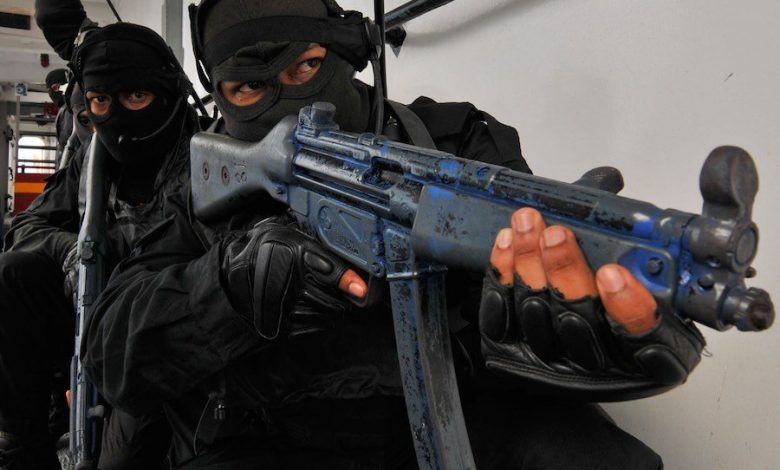Southeast Asian maritime terrorism warning

Southeast Asia could see maritime terrorism incidents this year, a leading maritime security expert has told Splash.
Kevin Doherty, president of Nexus Consulting, said: “We think 2016 may see its first maritime terrorism attack in a while.”
He pointed out that there are a number of terrorists who are being released from Indonesia for a few of the early 2000s bombings, and there are number of Syrian fighters returning to Asia as well.
“Should an Indonesia terrorist link up with a Filipino terrorist, things will get bad quickly in Southeast Asia,” Doherty said.
On the outlook for piracy in general Doherty was more sanguine. “Shipowners will be happy to know that organised piracy, or what I call a piracy model will continue to be on the decline in 2016,” he said.
The main reason is that Nigerian piracy is being addressed both at the pirate level, but more importantly finally there is some focus on corruption which means those laundering money or stolen oil are not able to operate as freely as before.
Similarly, Doherty said the main reason Somali piracy will not increase in 2016 is that that the launderers have been placed under strict observation by law enforcement.
“That isn’t to say that where won’t be piracy off Somalia, as there will be, and the acts themselves will increase in 2016, however the multi-million kidnap-for-ransom model shouldn’t allow for multi-million dollar ransoms any longer,” Doherty said.
Ian Millen, coo at UK firm Dryad Maritime, told Splash that despite reduced incidents of piracy lately seafarers must remain vigilant.
“Whilst there is lots of good news in many of the areas plagued by piracy and crime, there is no room for complacency,” Millen said, adding: “Proper risk assessments, comprehensive risk mitigation and a constant awareness of the potential threats need to be in the minds of all those embarked in or responsible for vessels in high risk areas. Cutting corners in any of these areas and, for example, straying too close to the source of the threat, such as near to the Somali coast, could easily result in a negative news headline detailing the first merchant ship to be hijacked in two years.”
Millen concluded: “We live in an uncertain, complex and, sometimes, dangerous world and all would be well advised to remember this.”

Speculations!
Whilst it is true that what remains to be seen during the next eleven months is pure speculation at this point in time, there are some disturbing trends; such as the number of unauthorised boardings of merchant vessels doubling in Asian waters, from 100 in 2007 to 200 in 2015 according to local authorities. Each one of these incidents represent failures of ISPS Code measures. Some of these intruders managed to find their way into ships’ engine rooms, and a few managed to execute hijackings of ships.